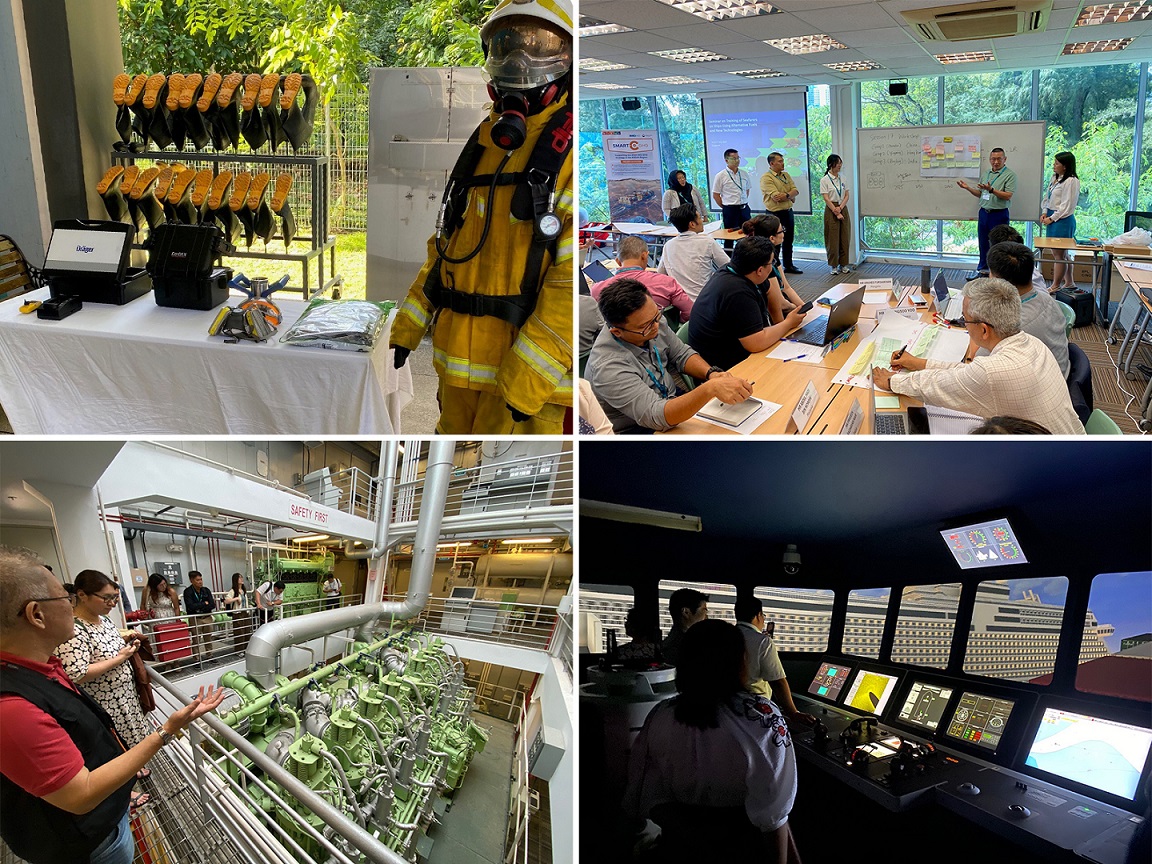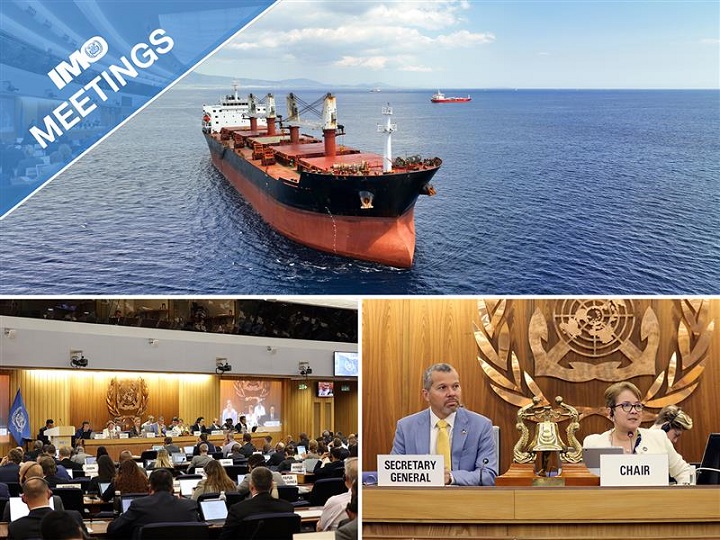Supporting Member States to tackle underwater noise

Workshops led by IMO in Trinidad and Tobago and Costa Rica have helped raise awareness about the threat of underwater noise from ships, and how governments and industry stakeholders can address it.
The series of workshops were hosted by the University of Trinidad and Tobago in the Port of Spain (29 April) and by Costa Rica’s Ministry of Public Works and Transport in San José (2 May). They were part of the GloNoise Partnership, implemented by IMO in collaboration with GEF and UNDP.
The events highlighted how underwater noise from shipping can overlap with the sound used by marine animals, interfering with their biological functions such as communication, reproduction and navigation, placing them under stress. Effects of URN range from subtle changes in behaviour to death at very high exposure.
Participants explored strategies to tackle these challenges, including through the implementation of the revised IMO Guidelines for the Reduction of Underwater Noise from Commercial Shipping (MEPC.1/Circ.906/Rev.1).
Need for baseline research, training
In Trinidad and Tobago, representatives from government, industry and academia shared insights on the impact of URN on marine life, its relation to ship energy efficiency and strategies for mitigation based on the IMO Revised Guidelines.
Participants agreed to a set of actions, including:
- Establishing a National Task Force with cross-sectoral participation;
- Developing baseline studies through hydrophone deployment and scientific research;
- Drafting policy options and reviewing legal frameworks to integrate URN into national maritime legislation;
- Supporting capacity-building and training for seafarers and local communities.
- Engaging with Caribbean partners for regional collaboration and resource mobilization.
- Contributing findings to the IMO’s Experience-Building Phase on URN.
Costa Rica – a regional hub for ocean governance
In Costa Rica, the workshop engaged representatives from government agencies, port authorities, universities and other stakeholders. They acknowledged Costa Rica’s rich marine biodiversity and the country’s role as a regional data hub and policy leader, fostering collaboration with neighbours like Panama, Colombia and Ecuador.
Participants outlined next steps for action:
- Update the work of the national task force to coordinate URN mitigation, with scientific leadership from academia;
- Build on initiatives such as ONDAS, a remote underwater acoustic surveillance network that records the soundscape of several marine communities;
- Leverage existing tools like HearMyShip and Innocena to boost public engagement and inform real-time action;
- Strengthen marine governance via platforms such as the National Marine Commission, enabling coordinated, multisectoral implementation;
- Raise awareness and develop capacity of seafarers, fishers and industry actors to drive inclusive change.
About the GloNoise Partnership
The GloNoise Partnership aims to reduce underwater noise from shipping and mitigate its negative effects on marine ecosystems and their living resources. The project assists developing countries in building capacity to implement the revised IMO Guidelines for the Reduction of Underwater Noise from Commercial Shipping (MEPC.1/Circ.906/Rev.1), gather more data to support IMO's policy dialogue, and develop an online toolkit for national-level implementation by experts.








